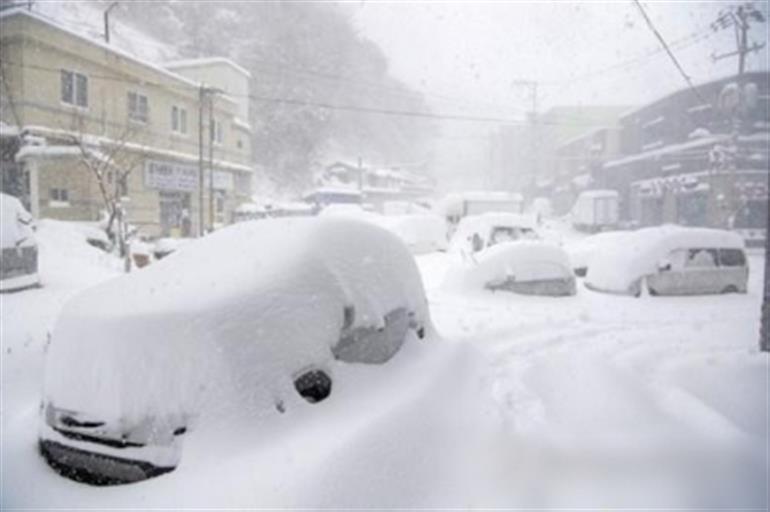Unusually Warm Weather on Korea’s 2024 College Entrance Exam Day
페이지 정보

본문
November 14, 2024, this year’s College Scholastic Ability Test (CSAT) day, came as a surprise in Korea—not because of the pressure-filled exam, but because of the unexpectedly warm weather. Usually, CSAT day is one of the coldest days of the year, with freezing temperatures that leave students bundled up as they head to their test centers. But this year, the typical chill was nowhere to be found. It’s hard to see this warmth as just a fluke; it seems to reflect the undeniable impact of global warming.
CSAT Day Weather: A Decade in Comparison
Looking back over the last ten years, freezing temperatures on CSAT day have been almost expected. In 2016, for instance, Seoul’s temperature dropped to a frigid -3°C, and other years saw similarly cold conditions. Because of this, schools have routinely boosted heating on exam day. This year, however, broke the trend: on November 14, Seoul’s low was a mild 5°C, making it one of the warmest CSAT days in recent memory.
Data from the Korean Meteorological Administration shows that CSAT days over the past decade typically hovered between 2°C and 4°C, often dipping below freezing. In recent years, though, winters have warmed, arriving later and less predictably. This shift in timing and intensity aligns closely with patterns linked to climate change, making this warm exam day more than just a rare anomaly.
Why Warmer Winters? The Role of Global Warming
One of the driving forces behind these temperature shifts is global warming. Our planet is warming due to rising levels of greenhouse gases—like carbon dioxide and methane—that trap heat in the atmosphere. This warming is now affecting seasonal weather patterns worldwide, and Korea is feeling the effects too.
In fact, Korea’s average annual temperature has increased by about 1.6°C over the past century, a rate faster than the global average. This warming is especially noticeable in winter, with mild winter weather becoming more common. Climate studies warn that Korea will likely continue to see unexpected weather shifts and warmer winters if greenhouse gas emissions aren’t curbed soon.
Jet Stream Changes and Unusual Temperatures
Global warming is also affecting the jet stream, a high-altitude air current that flows across the Northern Hemisphere. The jet stream acts as a barrier, typically keeping cold Arctic air contained in northern regions. But as the Arctic warms, the jet stream weakens, allowing cold air to move south or warm air to linger in certain areas. These shifts contribute to unusual weather, like the unexpected warmth on this year’s CSAT day.
The Broader Impact of Climate Change and Why Action is Needed
The warm weather on this year’s CSAT day isn’t an isolated incident; it’s part of a larger trend driven by global warming. If this trend continues, the timing and intensity of seasonal weather may become increasingly unpredictable, impacting everything from agriculture to energy needs and public health.
Addressing these changes requires a global effort. The Paris Agreement is one such initiative, with countries working to cut greenhouse gas emissions, increase the use of renewable energy, and adopt sustainable practices. Korea, too, has committed to carbon neutrality and has introduced various policies to help combat climate change.
The unusually warm CSAT day in 2024 is a clear sign of how climate change is impacting our lives. As abnormal weather patterns become more frequent, it’s evident that climate change is no longer an abstract concept but a daily reality. This moment underscores the urgent need for ongoing, collective efforts to address and mitigate climate change before its effects become even more profound.
Reference
1. https://biz.chosun.com/topics/topics_social/2023/04/18/ARYCWAGGHVFCXPGXKT277FY3BQ/
2. https://www.koya-culture.com/mobile/article.html?no=132995
- PrevA Store that Protects the Environment: Beautiful Store (아름다운 가게) 24.11.15
- NextSouth Korea’s Response to the Climate Crisis: Mitigating Severe Weather Impacts 24.11.12
댓글목록
There are no registered comments.

